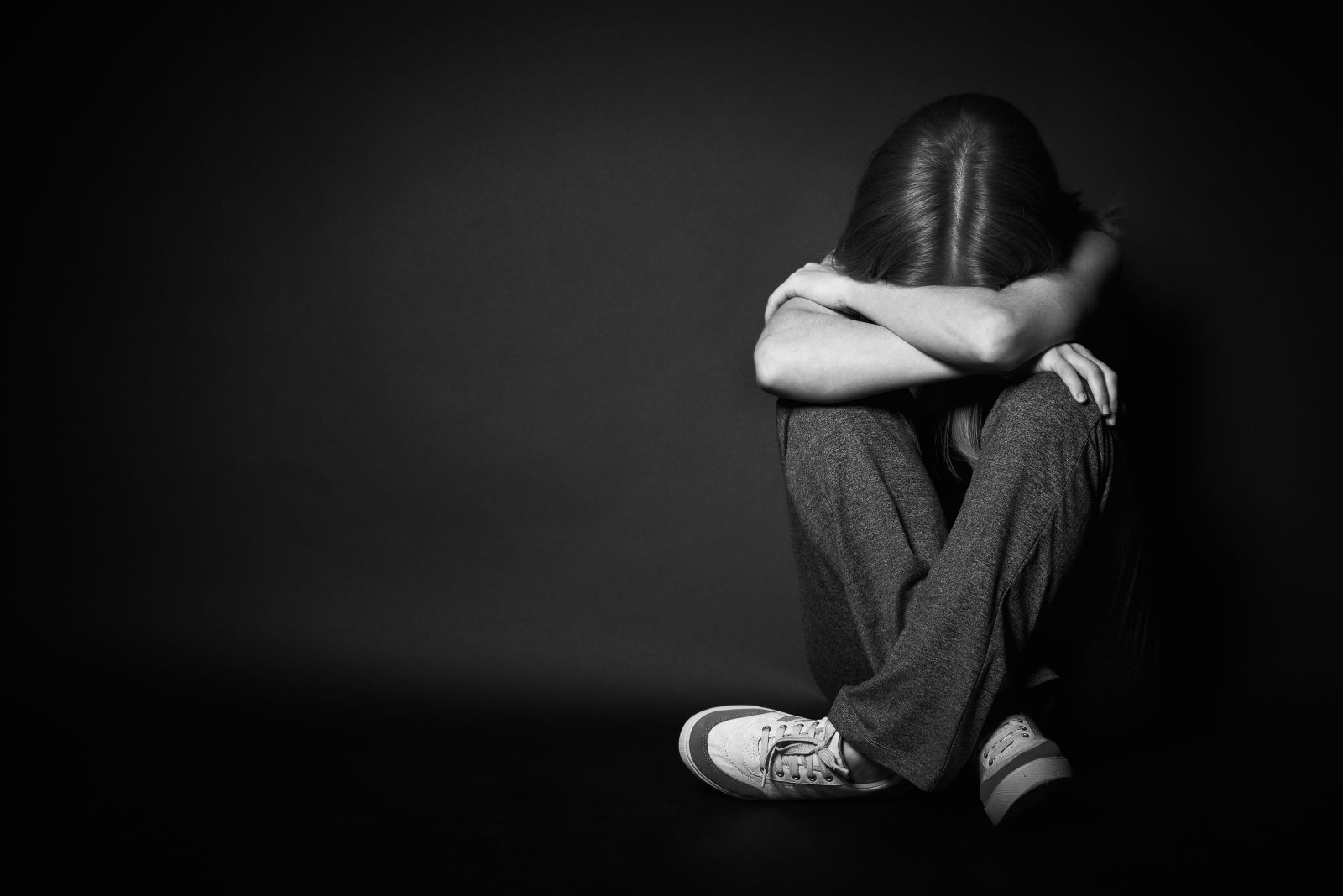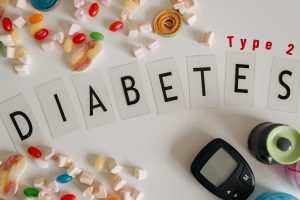Depression is a disease of the 21st century. Many studies around the world show that depression, like cardiovascular disease, is rapidly spreading. It is difficult to give exact figures but according to various sources, about 20% of the developed countries’ populations suffer from depression.
Contrary to popular belief, depression is not a disease of lazy people and whiners but a serious disease that directly affects the quality of the patient’s life and their relatives. Most people are uneducated in the issue of depression and the main manifestations of depression, so they tend to call depression a bad mood or short-term unpleasant feelings. In order to timely recognize depression in yourself or a loved one, familiarize yourself with common signs of this disorder. If you recognize the symptoms below make sure you get in touch with a professional. There are various treatments available nowadays, some of which include psychotherapy, tms therapy (non-invasive) and IV ketamine therapy
1. Depressed Mood
The most appropriate word to describe this feeling is despair. A person feels that there is nothing good in their life and that they can’t do anything to positively change anything in the future. It also happens that a patient with depression does not understand what caused the bad mood, especially if no significant changes have occurred in life.
2. Guilt and Frequent Self-Incrimination
Patients with depression often have the same pattern of behavior and they take all the negative events at their own expense and consider good ones to be a consequence of a circumstance combination. During the period of depression, old bad experiences or injuries may surface.
3. Reduced Interest in Favorite Activities
This condition is called anhedonia. A person loses the ability to enjoy things that brought joy earlier. A patient with depression refuses to watch favorite TV shows or no longer wants to go to a match with a favorite football team. Nothing can’t make such a person happy.
4. Sleep Disorders
Depression penetrates all spheres of life. If you start to “please” yourself with early rises, have difficulty falling asleep, or need too much time to get enough sleep, this may be another alarming symptom of depression.
5. Change in Appetite
People with depression often complain of appetite problems. They can starve for a long time and then attack the food, struggling to fill their stomachs. It is also worth paying attention to excessive consumption of food when you already feel full but still continue to eat, just to eat. In this way, a person tries to “seize” their negative emotions but the effect is extremely short.
6. Intestinal Dysfunction
Diarrhea, nausea, or vomiting can also be symptoms of depression. This is primarily due to the fact that depressive disorder changes the brain’s response to stress. When you worry, you can spend a lot of time in the restroom.
7. Increased Fatigue
Constant fatigue is another hallmark of depression. It is difficult for people who have never encountered such a disease in their life to believe that sometimes depressed people have a hard time doing simple everyday activities like brushing teeth or bathing. People with depression feel extremely tired even if their day has been devoid of physical or mental activity.
8. Body Aches
Often depression manifests itself through headaches, heart, joint, and back pain. Special attention must be given to the pain in cases when doctors say that everything is good with the body, but a person still experiences unexplained discomfort. You need to be extremely careful as pain and depression are interrelated. Depression may cause chronic pain and vice versa, the pain increases depression symptoms. That is why back, heart, joint pain, and headache treatment are so important.
9. Slow Thinking
Inhibition of thinking and a sense of intellectual failure are what people suffering from depression complain about. For this reason, a patient with depression requires more time than a healthy person to think.
10. Difficulty Concentrating
In a person suffering from depression, the ability to concentrate is reduced. Activities such as reading books or solving simple problems become almost impossible without tremendous effort. A person almost immediately loses the thread of what is happening and gets distracted by negative thoughts and feelings.












